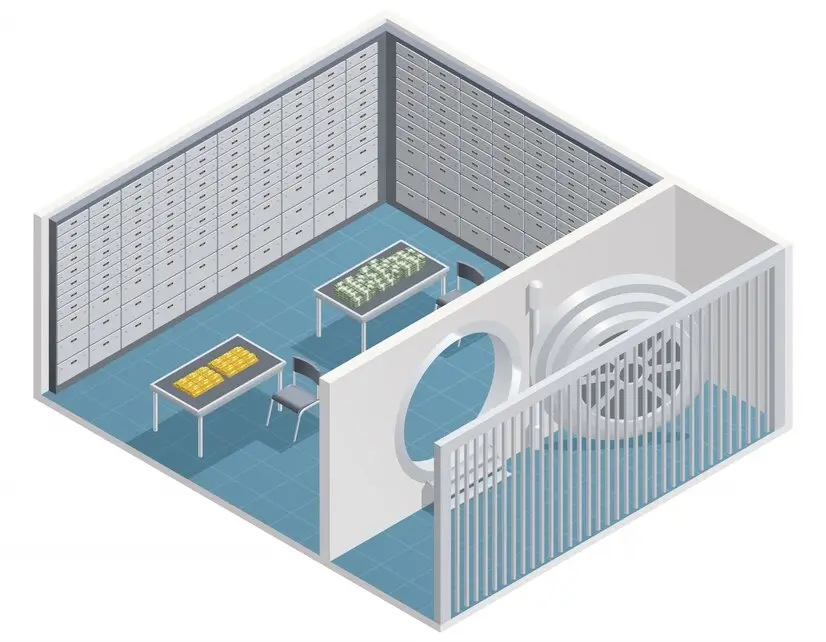Introduction
Dementia is a progressive disease that kills memory and confuses millions of people worldwide. This creates a challenge for caregivers to keep them safe. A GPS tracking device may be a lifesaver, offering real-time showings. No wandering and fast help when it comes to emergencies.
The Importance of GPS Trackers for Dementia Patients
One of the most common, and dangerous, behaviors for people with dementia is wandering. A tracking device helps caregivers keep track of his location adorn the time. This minimizes stress and increases the patient’s safety. It sends alerts in real time, so caregivers can quickly go after their loved one if they wander too far.
Real-Time Location Monitoring
GPS trackers offer real-time information and can show where exactly a dementia patient is. This allows caregivers to monitor their movements without having to supervise every move. In the event of a patient losing their way, the tracker will get you there quickly. It ensures that they return safely to their home without any wasted time.
Geofencing for Added Safety
The geofencing feature allows caregivers to define safe zones for their loved ones. If the patient exceeds these limits, a notification is sent to the caregiver. This feature helps avoid hazardous scenarios, such as walking into flowing roadways. What does Geofencing Do for Dementia Patients?
Benefits for Caregivers and Families
A GPS tracking device helps, not only the patient but also gives caregivers some peace of mind. Approving the location of their loved one is a big relief, allowing them to focus on other work. Provided it offers a measure of independence for dementia patients all while keeping them safe.
Emergency Assistance
GPS trackers feature built-in SOS buttons in case of emergencies. Pressing the button alerts the caregiver in real time. With this feature, it can respond quickly if you fall or get confused, for example. No wasted time while caregivers find and help their loved ones.
Increased Independence for Patients
Patients with dementia often feel constrained by safety precautions. The GPS tracker enables them to have greater freedom within safe zones. This promotes earnings of their confidence and standard of living. Monitored independence allows them to partake in daily life without constant supervision.
Choosing the Right GPS Tracker
Choosing the best GPS tracker truly comes down to personal needs and features. Choose a device that promises a long battery life for uninterrupted tracking. That makes waterproof designs helpful for inclement use. An elegant and unobtrusive design means patients will actually wear it.
Easy-to-Use Interface
In this case, a user-friendly interface for a tracker is required on the part of the caregivers. Ideally, those are apps that offer location updates, alerts and emergency contacts. The easier the device is to use, the better the device will work. Straightforward controls allow rapid responses in emergencies.
Dementia is a condition that affects cognitive functions, including memory, thinking, and behavior. One of the challenges people with dementia face is disorientation, leading to wandering and getting lost. GPS trackers are emerging as a helpful tool to provide safety, peace of mind, and independence for both individuals with dementia and their caregivers.
A GPS tracker, a small device worn by the individual, allows caregivers to monitor their loved one’s location in real-time. This can be crucial when someone with dementia becomes confused and leaves their home or safe environment. By using a GPS-enabled device, caregivers can quickly locate the person, reducing the risks associated with wandering, such as injury or exposure to unsafe situations.
These trackers can be worn as wristbands, necklaces, or placed in clothing or shoes. Many GPS trackers also have features like geofencing, where caregivers can set virtual boundaries. If the person with dementia moves beyond these predefined areas, the system sends an alert, enabling immediate action.
Another significant benefit is the emotional relief it offers to caregivers. The constant worry of not knowing where a loved one is or whether they are safe can be overwhelming. GPS trackers help alleviate this anxiety by providing real-time information on their whereabouts, enabling caregivers to take timely action when needed.
In addition to enhancing safety, GPS trackers also allow individuals with dementia to maintain a sense of autonomy. They can continue with activities such as walking or visiting familiar places without the constant supervision of a caregiver, all while knowing that they are being monitored in case of an emergency.
In conclusion, GPS trackers are an invaluable tool in managing the safety and well-being of people with dementia, offering both security and peace of mind for families and caregivers.
Conclusion
A GPS Tracking adviser For Dementia Patients and Their Caregivers It offers real-time tracking, geofencing, and emergency support. These capabilities maintain patient safety and lessen caregiver strain. Keep everyone involved more independent and worry-free by investing in a GPS tracker.



